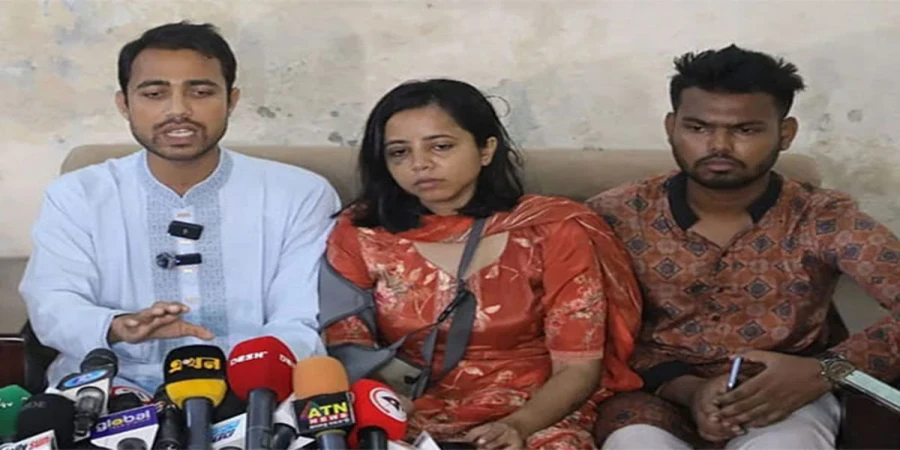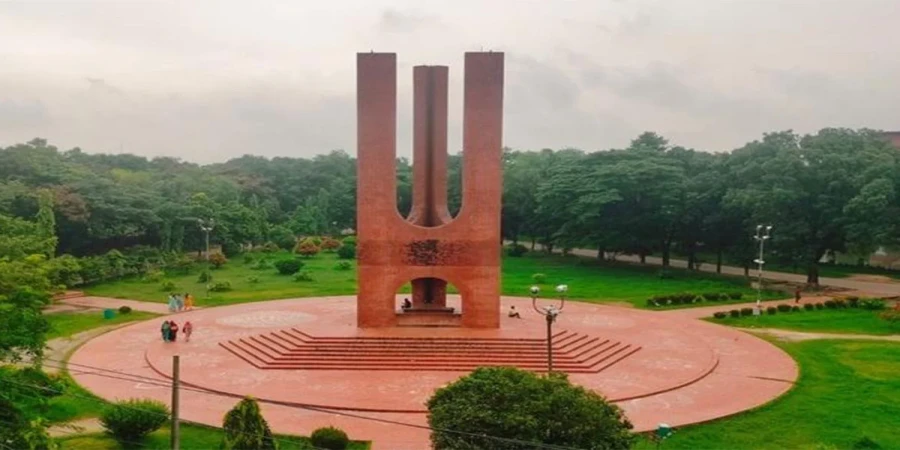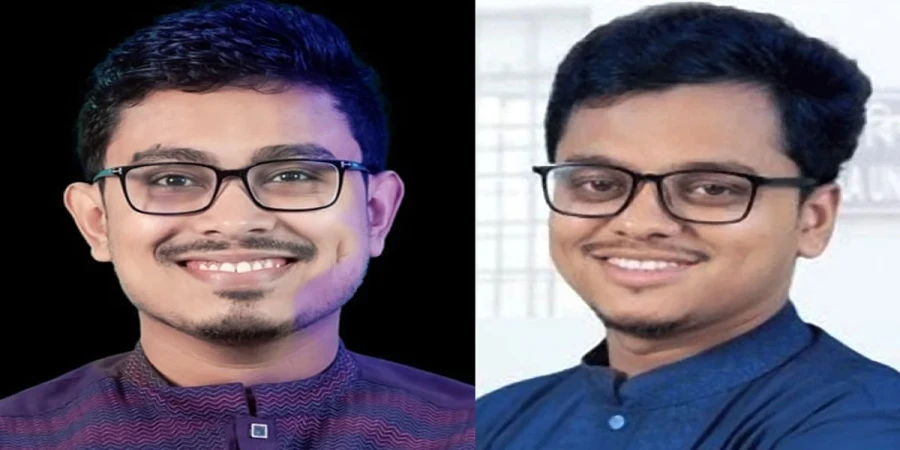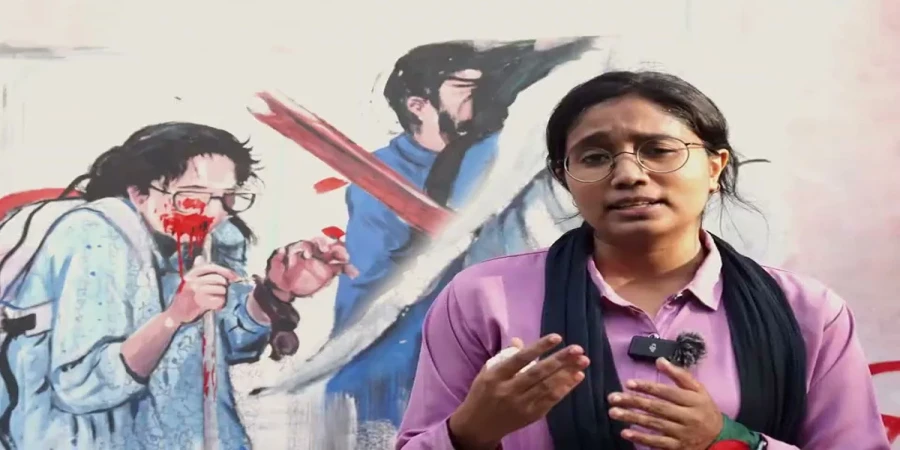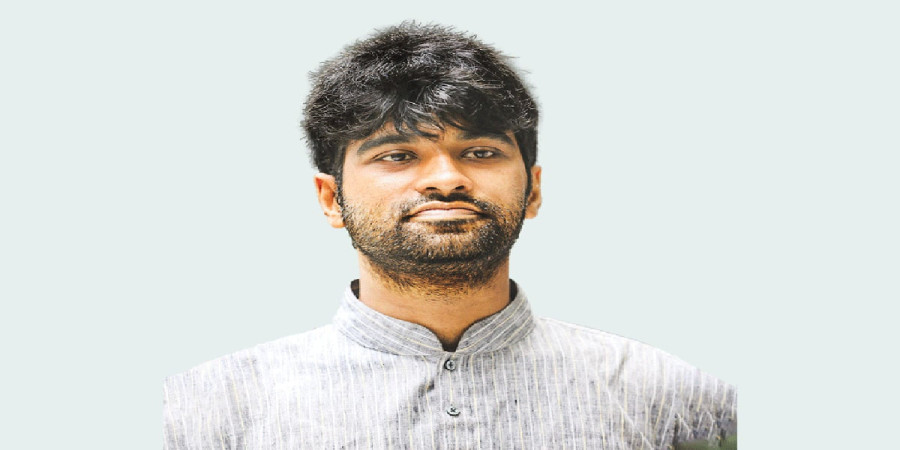
Ó”øÓ”¼Ó”┐: -Collected Photo
Dhaka University Central StudentsŌĆÖ Union (DUCSU) election has once again sparked waves of heated reactions, especially from those who challenged the mainstream student political blocs. Among them, Meghmallar Basu, who contested for the General Secretary post as part of the ŌĆ£Resistance Council,ŌĆØ shared his reflections following the results, urging his supporters and comrades to continue the struggle with unwavering determination.
In a Facebook post on Wednesday afternoon, Meghmallar voiced strong words against the idea of ŌĆ£post-ideology,ŌĆØ dismissing it as nothing more than a ploy to surrender to reactionary forces. ŌĆ£There is no such thing as post-ideology,ŌĆØ he wrote. ŌĆ£That is simply placing oneŌĆÖs neck in front of a sword in the name of compromise. All such pretensions ended yesterday, the moment the ballots were counted. To stand against reactionary forces, we need to embrace the power of progress. In this wave of reaction, all mixed and diluted alliances were swept away. The only non-Shibir candidate who managed to secure a victory was Hema Chakma, despite relentless smear campaigns.ŌĆØ
Highlighting his own performance, Meghmallar noted that he received nearly 5,000 votes despite being subjected to continuous attacks from critics. He mentioned the names of writers and activists such as Ami Pial, Pinaki, Zia Hasan, and Kulda Raye, pointing out that he withstood their combined assaults throughout the election period.
Reflecting on the broader outcome, he remarked that many who were considered potential winnersŌĆösuch as candidates from Baghchas, the new independent coalition, and even the student wing of the oppositionŌĆöwere decisively defeated despite their significant resources and strategic backing. ŌĆ£Even after considering vote rigging,ŌĆØ he added, ŌĆ£they were smashed. So, it is time to drop this half-hearted attitude. If the left had a solid organizational presence in at least 18 halls today, the entire scenario could have been very different.ŌĆØ
Despite the challenges, Meghmallar emphasized resilience as the only path forward. He urged his fellow activists to give people a genuine alternative vision and to remain firm in their convictions. According to him, political work requires a balance of strength and humility: ŌĆ£Stand before the enemy with clenched jaws, but face the people with humility. We have been retreating for thirty years. What can fifteen days do? Still, this is a good start. Winning people over is possible. Bear insults, repression, and humiliation with an open chest. The more pain you endure, the more trust people will place in you. Remember, the night is darkest just before dawn.ŌĆØ
To underline his point, Meghmallar drew historical parallels, recalling how communists in 1948 were despised and often handed over to police in East Pakistan, yet just two decades later, under their leadership, Bangladesh emerged as an independent nation. For him, this history is proof that transformation does not come through shortcuts but through relentless struggle.
As he concluded, Meghmallar delivered a message that captured both fatigue and determination. ŌĆ£We must fight on with our lives,ŌĆØ he declared. ŌĆ£There are no shortcuts. We must give everything we have, even our lives if needed. For now, take a little rest, and then continue the fight.ŌĆØ
repoter



